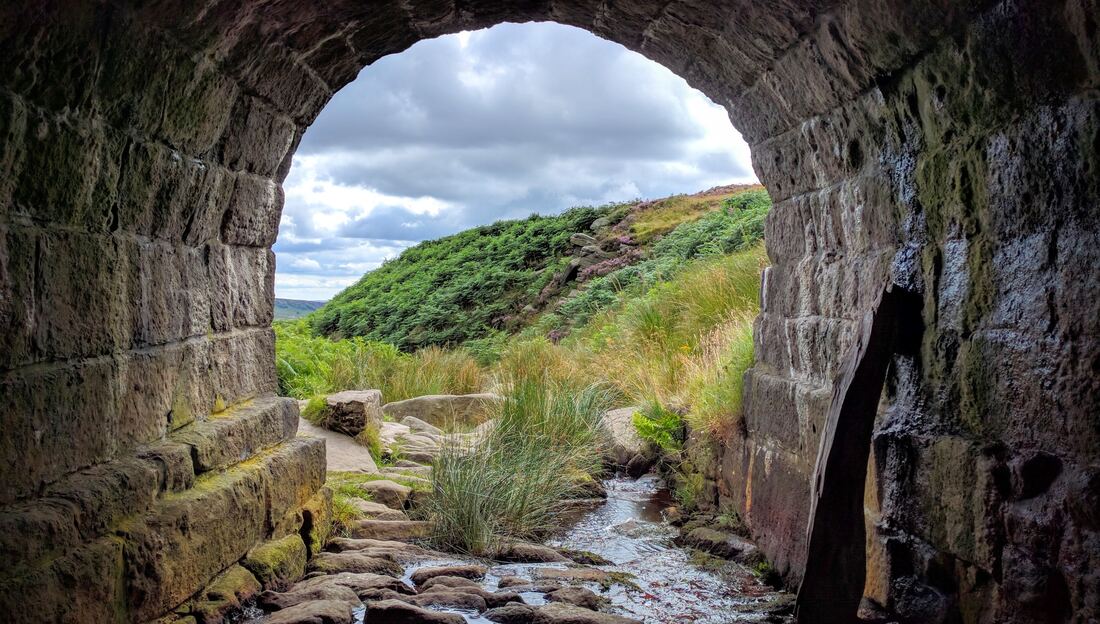|
This morning I re-read Jim McCormick's guest blog post and it strikes at the very heart of why I do Zero Balancing and why I continue to dedicate myself to it. Zero Balancing is not just for aches, pains and physical realignment. It's a tool that can deepen our personal development and our understanding of ourselves - helping us to strip away all that we are not, so we are left with a greater knowledge of who we are. To let go of all physical tensions that are no longer of use or necessary is to let go of all psychological habits or tensions that are similarly no longer of use or necessary. We literally hold our way of being in the world in our body. In letting go of who we were, we are able to re-define ourselves and adapt to the changes of life. This in itself is useful as it makes us adaptable to whatever may arise in our lives in any given moment. And it goes deeper still, we can gain knowledge of why we behave the way we do, to understand what happened in our lives to make us just so and, ultimately, to root it out so we can be more fully ourselves.
How we are now is the sum total of what we have experienced and how we chose to react to those experiences. As we gain knowledge of those reactions and what lies at their core, we find that they were actually choices. Let me give an example.
I was at a Zero Balancing workshop earlier this month and, when I was on the receiving end of some ZB - and remarkable as it may sound - I found myself in the womb. I was conscious that this womb I was in had been occupied before. So I made a choice to fit into the family structure. Whilst this choice of fitting into the family structure was not unreasonable, it limited me nonetheless. I couldn't just be who I am. I had to restrict myself somehow to survive in the dynamics of the family home. With this insight and knowledge - one I was totally unaware of having ever made until that workshop - I was able to forgive myself for making the choice to fit in. Now that I am no longer in the same family home, and no longer dependent on fitting into the family dynamics for survival, it is no longer necessary for me to have that decision at the core of my sense of self. The result of this insight and subsequent resolution is that I am less concerned about fitting in, in general terms. Fitting into society, fitting into other people's projections of who I am, fitting into any sort of social dynamic. I therefore am able to re-define how I relate to the world around me. And to do so for the first time since I made that initial decision all those years ago. When we realise that our inner life is dictated by decisions made in the past - however fleeting they may have been - and how we lost some part of ourselves in the process, we begin to realise the potential for change. And that inner change creates an external change in how we relate to the world. Or, if you will, how the world relates to us. So I am now simultaneously not who I was and more who I have always been. And it's this uncovering of who we really are that is the great work of a lifetime. This is the same self-actualisation that Jim McCormick mentioned in his post. To get there, we need to realise who we are and who we are not. What we are, and what we are not. It's these what-we-are-nots that block us on our path to self-actualisation. We are not our traumas. We are not our upbringing. We are not our conditioning. We are not our tensions. We are not our pain; our emotions. We are not our ideas, thoughts or beliefs. They consume our energy and underpin much of our behaviour. It's through gaining self-knowledge that we can begin to be liberated from their erroneous ways. And what we are is for us to discover.
0 Comments
Your comment will be posted after it is approved.
Leave a Reply. |
�
Archives
February 2022
Categories
All
|
|
Zero Balancing in Edinburgh with James Salomons
Wednesdays 10am - 6pm Thursdays 10am - 9pm Fridays 10am - 6pm Saturdays 10am - 1pm EH1 Therapies 4b Randolph Place Edinburgh EH3 7TQ [email protected] 07938 411 517 |
|
© COPYRIGHT 2018-2023. ALL RIGHTS RESERVED.
|


 RSS Feed
RSS Feed